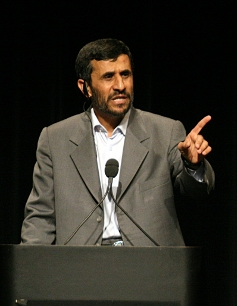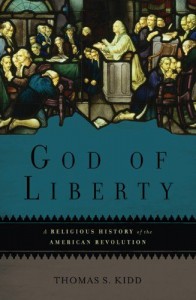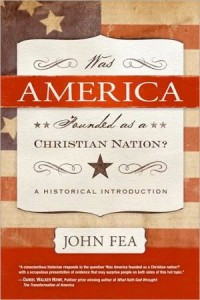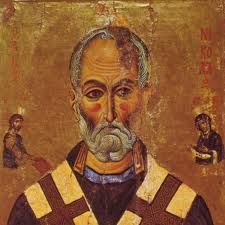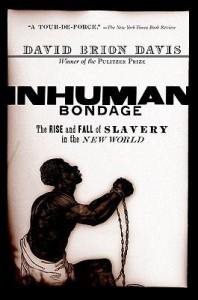Maybe. Probably not. It depends on what you mean by secularizing. And we need more data.
I said something similar in an earlier post. So if that sounds familiar to you, you actually read that post about secularization in the United States AND you remembered what I said there. Wow. I am impressed with you.
Background: there has been some discussion in the media lately about whether or not the U.S. is secularizing because the number of people who identify themselves as not adhering to any particular religious group is on the rise. (This definition of “secularization” refers to the percentage of people who display overt religious activity in their life. There are other forms of secularization which I won’t discuss here).
So what is happening around the world? For many decades, social scientists assumed that whatever happened in Europe and the United States/Canada would eventually happen in the rest of the world. If this sounds arrogant, it is because it is arrogant. Social scientists, it should be pointed out, are actually human beings and not thinking machines, which means that they are susceptible to self-centeredness and ethnocentrism. Like the rest of us.
In the last decade or so, this “secularization thesis” has been crumbling. Now we have more information to chew on. Our friends at Pew Forum on Religion and Public Life recently published a study of worldwide religious affiliation. Overall, they found that 16% of the world’s population declare themselves to be religiously unaffiliated, which is slightly less than the religiously unaffiliated in North America (17%) or Europe (18?).
So, are Europe and the US/Canada leading the way in a secularization trend?
Well, guess what: the world doesn’t always follow Europe and the US/Canada. In this case that is a good thing.
Where are most of the “nones?” More than 75% of all the “nones” in the world are not found in Europe or North America, but in Asia. So maybe Asia is secularizing more quickly? Well, not so fast. We have to remember that Asia has far more people than the rest of the world, so they tend to outnumber everybody in a lot of areas. 99% of all Buddhists and 99% of all Hindus are found in Asia, for example.
So let us break this down a bit more. The six nations that have the highest percentage of “nones” are as follows:
Czech Republic: 76%
North Korea: 71%
Estonia: 60%
Japan: 57%
Hong Kong: 56%
China: 52%
Notice a pattern? Japan and Hong Kong have their own peculiar dynamics, so take them out. The other four nations indicate that communism has been a powerful factor, globally, in producing people who do not affiliate with any religion.
What does this mean for the future? It’s the commies who secularize the most people! So we need to stand hard against godless communism and the pinko threat to our God, our flag, our precious bodily fluids and, and, and….oh, wait a minute. It’s not 1956 anymore, is it? It’s 2013.
Communism is obviously passé as a political ideology, except to North Koreans who didn’t get the memo. Communism is not the future, though it has certainly left a secular legacy in many of the nations where it took root.
This is what I find interesting, though: while the “nones” are possibly on the rise among the younger generation in the United States, the opposite may be true in Asia. We need more data on this, but the Pew study finds that the median age of the “nones” in Asia, 35, is significantly higher than the median age, which is 29. The younger people are more religious than the older generations.
By its sheer size, China accounts for a lot of this. The report did not break down the median age data by nation, but the sheer size of China suggests that this nation accounts for large amount of this percentage of older “nones.”
 This fits with what we know about the growth of Christianity in China. If atheists, agnostics and secular types appear to be on the rise in the West, Asia may be heading in the opposite direction.
This fits with what we know about the growth of Christianity in China. If atheists, agnostics and secular types appear to be on the rise in the West, Asia may be heading in the opposite direction.
Now, these are tremendously huge generalizations, so we need a lot more studies to speak with any precision. But the study suggests that we can’t say, with any confidence, that the world is secularizing. The opposite may be more likely.
One other little tidbit from the study. Which religion is more evenly dispersed around the world than any other? Christianity.
That suggests that Christianity is far more culturally adaptable (and, I would argue, sensitive to local issues and needs) than Islam, Hinduism, folk religion, Buddhism, or (gasp!) atheism/agnosticism.
Oh, yeah. The cultural adaptability of Christianity was a theme in my book, wasn’t it? (Sorry. I can’t resist a shameless plug).
 The series focuses on five important abolitionists in the U.S. — Frederick Douglass, Angelina Grimke, Harriet Beecher Stowe, William Lloyd Garrison and John Brown. I’m not sure how PBS will handle the religious issues involved, though I would say all five were influenced, to greater or lesser extent, by evangelicalism, though I think I might only classify Grimke, Stowe and Brown as evangelicals.
The series focuses on five important abolitionists in the U.S. — Frederick Douglass, Angelina Grimke, Harriet Beecher Stowe, William Lloyd Garrison and John Brown. I’m not sure how PBS will handle the religious issues involved, though I would say all five were influenced, to greater or lesser extent, by evangelicalism, though I think I might only classify Grimke, Stowe and Brown as evangelicals.

